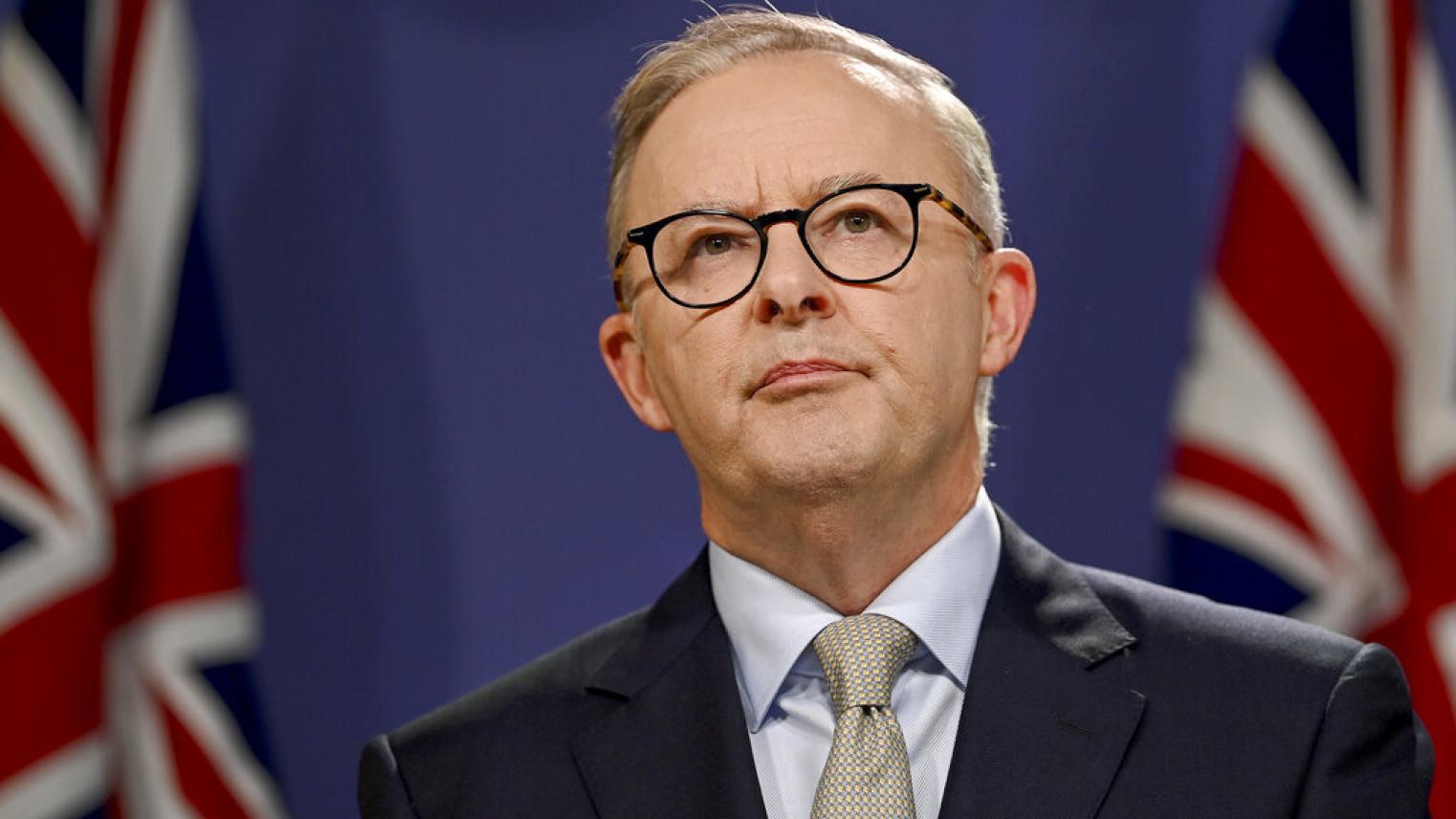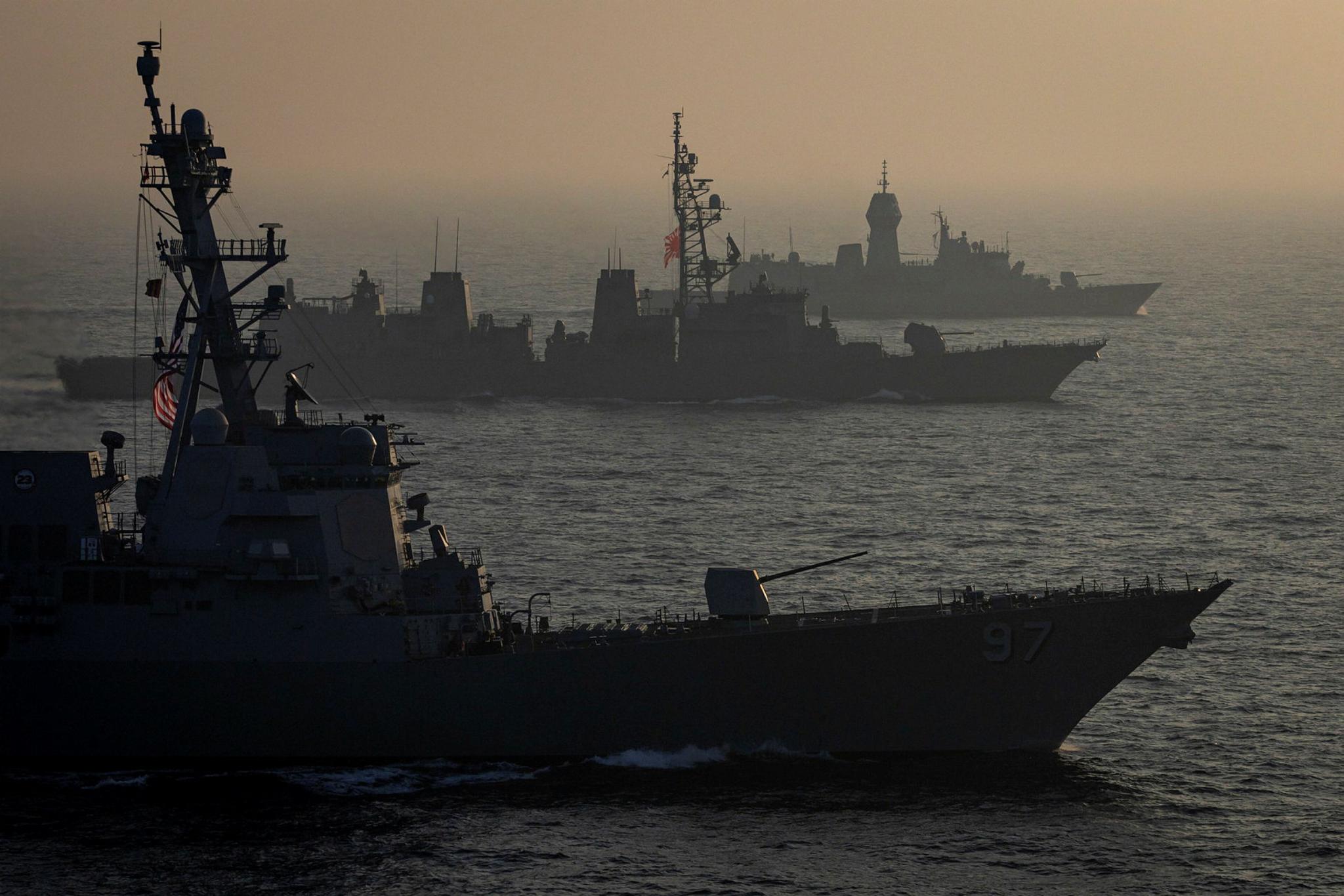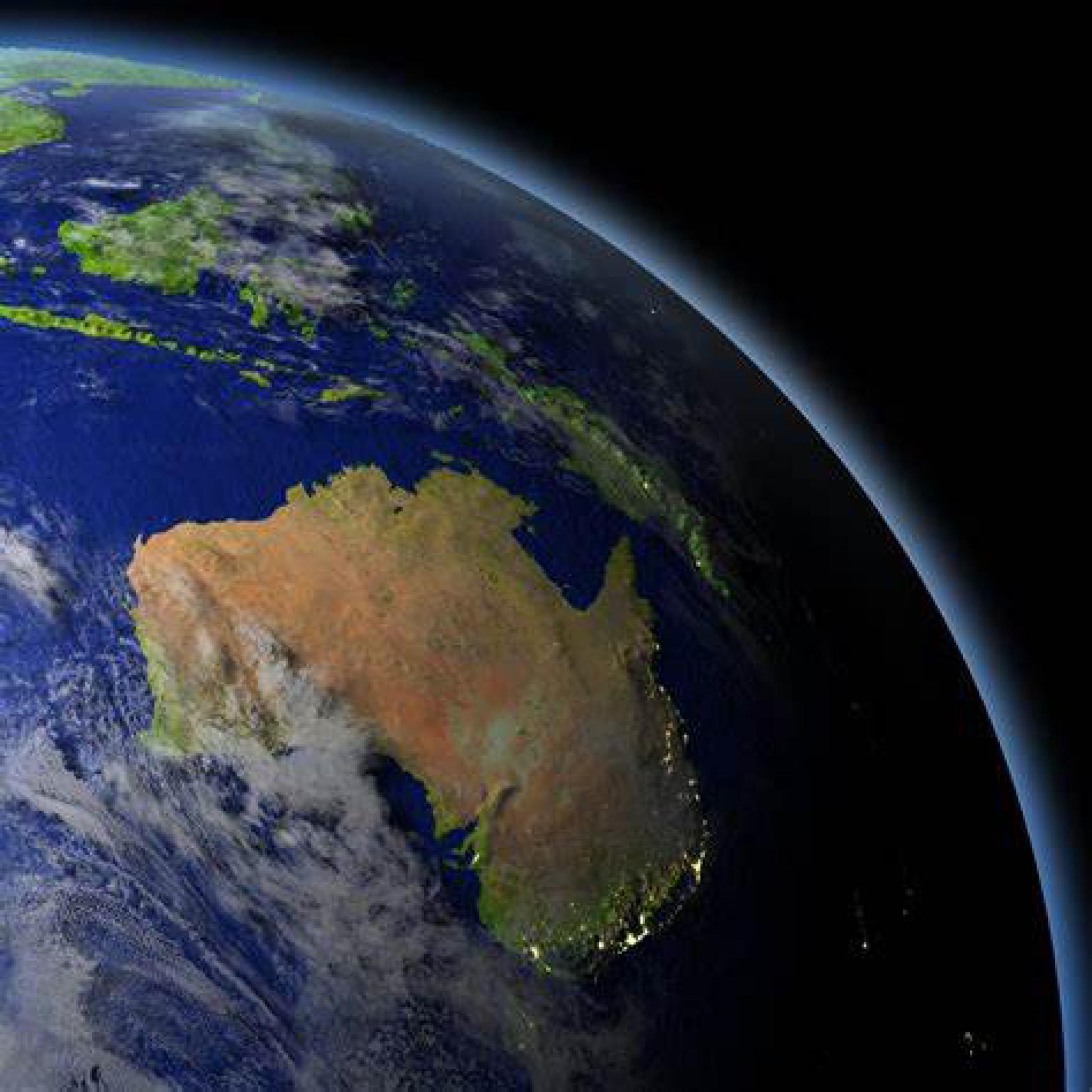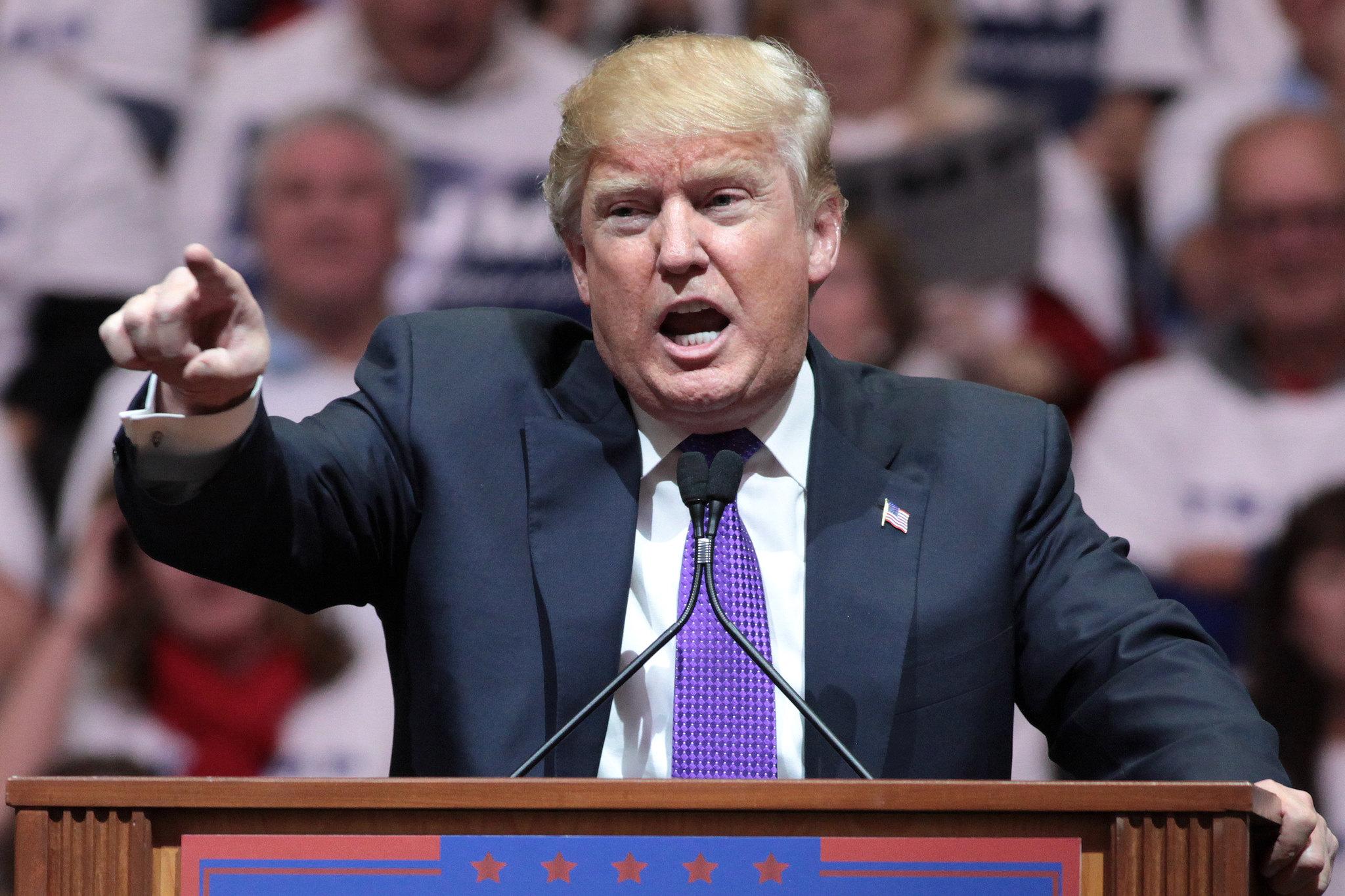How to Trump-proof foreign policy

Statecraft deals with the world as it is, and the return of Donald Trump to the US presidency is a stark reality show. So Australia must make the most of a confronting situation.
The upcoming G20 summit in Brazil, on top of APEC in Peru, is a moment to marshal partners and insights for the tempest ahead.
Prime Minister Anthony Albanese’s congratulations to a victorious President Trump coolly embedded the security alliance in economic partnership and ‘the best interests of both our nations’.
On domestic issues and some of the values that define contemporary Australian identity as a multicultural liberal democracy, there’s much reason for distress.
But on foreign and security policy, the reality is opportunity alongside risk.
Strategic landscape deteriorating
We will need to be unsentimental and – unlike Trump – focused on the wide view and the long game.
In January 2017, the ANU National Security College produced a report on how to handle Trump the first time, with the title ‘Don’t panic, don’t relax’. It called for a web of Indo-Pacific partners such as Japan and India.
Making Australia stronger is about convincing others – and not only America – that we are worth aligning with.
Now, as then, our starting points must be Australia’s interests and the fact that the world is perilous whoever’s in the White House.
Our strategic landscape has badly deteriorated. Wars blaze in Ukraine and the Middle East, with constant global repercussions, including the fostering of division and antisemitic intimidation within our society.
Old certainties now threadbare
In our Indo-Pacific region, risks of crisis and conflict have sharpened. An authoritarian China, whose military has rapidly strengthened, is propelling power and influence against Taiwan, in the global concourse of the South China Sea, and close to Australia in the South Pacific.
Certainties that for decades framed a relaxed Australian worldview – the unmitigated benefits of economic globalisation, a rules-based order that suited us, our own regional power advantages – are now threadbare at best.
While maritime distance and continental scale may seem to shelter Australia from the problems of the world, the opposite is also true.
Our interests are extensive – sovereignty, territory, a stable international system, vital economic lifelines to the world – and far greater than our ability to safeguard them.
Going it alone is not an option. The Trump resurrection should spur seriousness in this country about doing more for our own protection.
Making Australia stronger
That means accelerating across many fronts where we’ve made an uneven start: defence modernisation, economic resilience, critical infrastructure protection, preparedness against crisis, engaging citizens and business in a forthright conversation about risk and responsibility.
Making Australia stronger is about convincing others – and not only America – that we are worth aligning with. If we do more for ourselves, they will do more for us or with us.
Every nation will seek its own tactical deals with the new administration, and Australia has advantages.
These include our credibility as an ally, our many-layered economic, societal and political connections with America, and that nation’s notion – accurate or otherwise – that Australians are can-do people.
Australian interests are well served by ambassador Kevin Rudd and our doggedness of diplomats, who have defied doubters by stewarding AUKUS through Congress and bureaucracy alike.
Seek out partners
It will be tempting to play to such strengths and fixate, Australia First, on pursuing exemptions with an "America First" administration. When it comes to tariffs, that’s probably all we can do.
But on security we should not lose sight of other partners in the Indo-Pacific and globally, because we will need each other.
We are waking to the truth of a single global theatre of geopolitical struggle, manifest in North Korean combat forces on the Russian frontlines against Ukraine, or China’s enabling of Putin’s war economy, or Russian missiles in the hands of Iran’s belligerent proxies.
The isolationist strain in the new administration, with voice in Vice President-elect J.D. Vance, wants to wish away this round world.
So we must not be silent on stubborn facts, notably the Russia-China axis. Ukraine cannot be abandoned without telling Xi Jinping that aggression works.
Middle-power friends
The G20 summit is a chance to add our voice against such narrowness and caucus with middle-power friends from Europe and Asia, notably Britain and Japan.
With British PM Keir Starmer, Albanese can assess how their two centre-left governments should most smartly engage Trump on AUKUS and more.
With embattled Japanese PM Shigeru Ishiba, it should be a first step to coordinate messages from America’s key Indo-Pacific allies.
Reported early picks in Trump’s team – Marco Rubio as secretary of state and Mike Waltz as national security adviser – mean a hard line on China.
That’s good for deterrence, but Australia and Japan will want to resist Chinese military might without economic rupture or alienating the Southeast Asian middle ground.
Diplomatic difficulties
We aligned well with the Biden strategy of competitive coexistence with China, largely within a frame of rules and democratic coalitions.
Whatever’s next will require us to manage a sharper tension between principles and cold interests.
Albanese’s conversation in Lima with Indonesia’s new president Prabowo Subianto seems a solid start for a new phase of pragmatic partnership.
A meeting with Indian PM Narendra Modi would also make sense. Prabowo and Modi are in a mould Trump knows, strongmen he thinks he can relate to.
Modi could be champion for the Quad – with India, Japan and Australia – one of the few groupings America may continue to value.
Our diplomatic difficulties will deepen in an election campaign where the Labor government’s alliance management will be challenged by the Coalition and the alliance itself existentially assaulted by the Greens.
This at the very time Trump’s America tries to read its Australian ally.
Under foreign minister Penny Wong, disciplined diplomatic rhetoric has become an Australian art form. It will be tested like never before.
Professor Rory Medcalf AM is Head of the National Security College at the Australian National University
This article first appeared in the Australian Financial Review on 15 November 2024.


